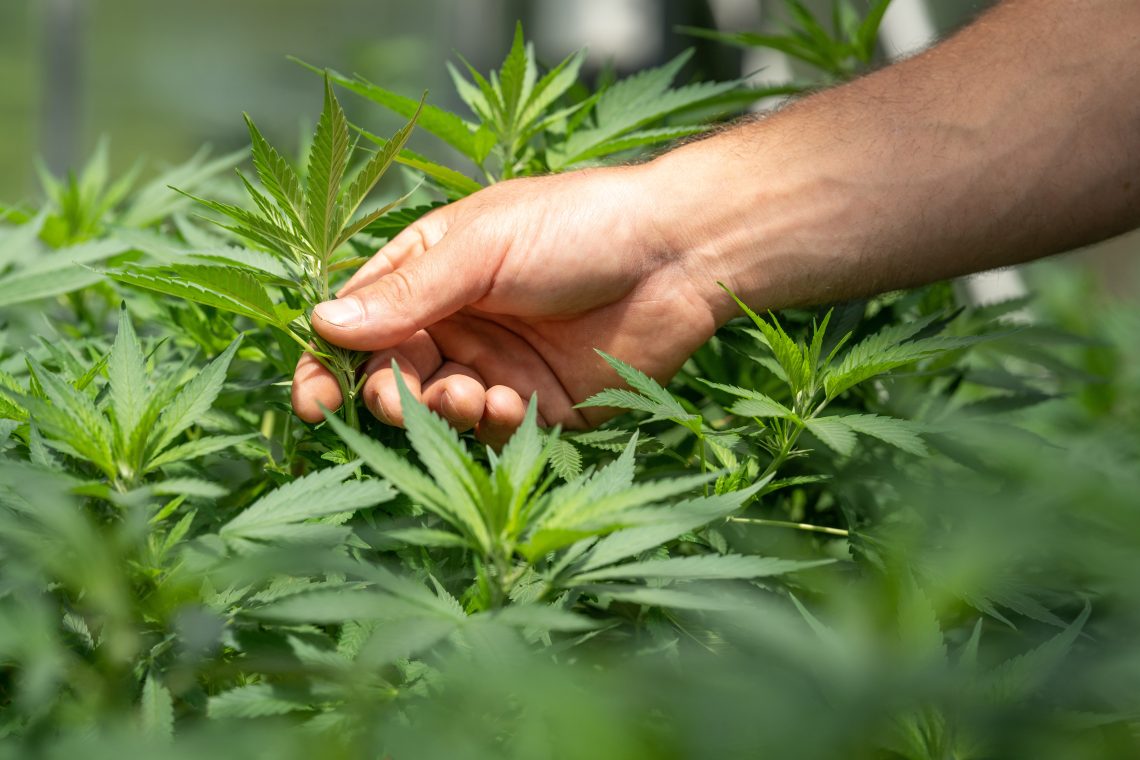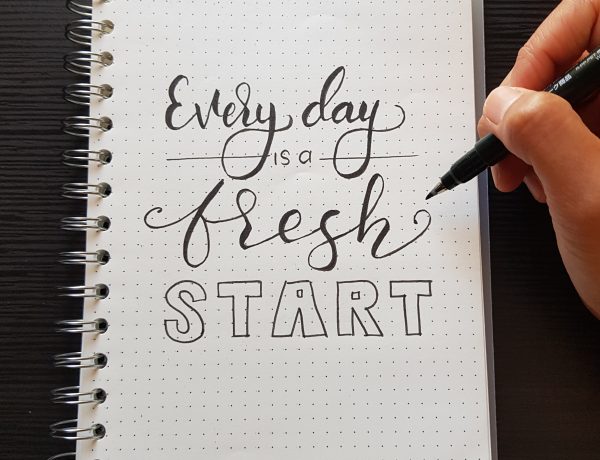Over the last decade, the public perception of cannabis has undergone a significant transformation; what was once considered a taboo substance is becoming increasingly accepted and even trendy in society. As a direct result of legalization and this change in perception, you can even get your weed delivered to a residence akin to food home delivery. This article assesses the historical stigma of cannabis, including its rising medical acceptance and legislative influence on overall perception.
Historical stigmatization
Cannabis has historically faced stigma and restriction, owing primarily to ignorance and cultural prejudices. In the early 20th century, it was depicted as a hazardous substance primarily due to ethnic and political biases. This longstanding stigma surrounding marijuana has significantly shaped public perception and led to the enactment of stringent anti-cannabis laws.
Furthermore, the close link between cannabis and counterculture movements during the 1960s and 1970s solidified its societal taboo; this viewpoint was exacerbated by considerable punishments associated with cannabis usage during the American “War on Drugs” era. However, more recently these historical stigmas have been challenged by developing science and shifting societal views, opening the door for a more nuanced and educated conversation about the plant’s potential advantages and responsible recreational use.
Shifting paradigms
As cannabis attitudes have shifted, medicinal application has been increasingly accepted and integrated into healthcare. Moreover, there has been an uptick in medical cannabis legalization due to scientific discoveries of the medicinal potential of cannabis chemicals such as CBD (cannabidiol) and THC (tetrahydrocannabinol). In addition, home delivery of weed has opened to door for other substances provided in a safe manner; for example, alcohol can be delivered too, reducing instances of street drinking.
Medical marijuana has been increasingly accepted as a therapy for various ailments, including chronic pain, seizures and other neurological disorders. Clinical studies and anecdotal evidence highlighting its efficacy in mitigating ailments have impacted its adoption. Significantly, public perception of cannabis has shifted from taboo to recognition of its medicinal value as more countries move to legalize it for medical purposes. In addition to assisting patients, this paradigm change is causing society to reexamine cannabis’s role.
Legislation and legalization
Legislation and legalization have played a pivotal role in reshaping perceptions of cannabis; the gradual repeal of prohibitionist policies and the establishment of regulated cannabis markets have challenged the historical stigma surrounding the plant.
As more regions and countries legalize cannabis for medical or recreational use, public opinion has shifted towards greater acceptance. Moreover, legalization has ushered in comprehensive regulations, ensuring product safety, quality control and taxation. These measures normalize cannabis, highlighting its role as a regulated industry – not an illicit one.
Read more lifestyle and cannabis articles at ClichéMag.com
Images provided by Deposit Photos, BingAI, Adobe Stock, Unsplash, Pexels, Pixabay & Creative Commons





